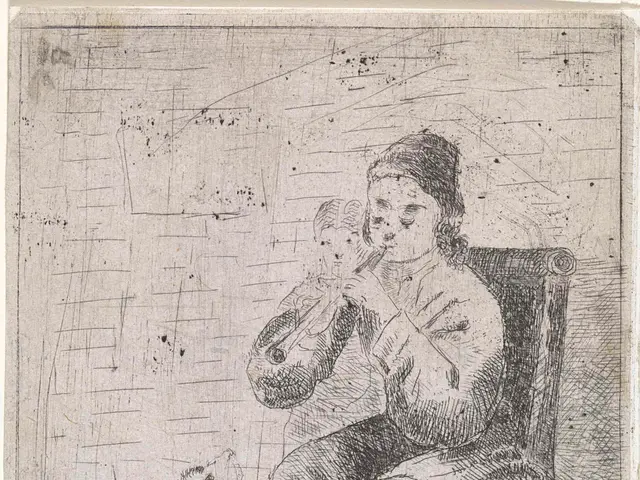A Fresh Perspective on Anime Adaptations
Transforming Original Content for Successful Results
Whenever a new anime adaptation is released, a common concern is the changes made to the story. Sometimes characters have diminished roles, while other times story arcs are condensed. In the case of The Promised Neverland, the show took a different direction, leaving out one of the show's key characters and rushing through the remaining manga content. However, not all story changes are negative. When adapted thoughtfully, these changes can improve the anime.
Let's dive into two specific examples of anime adaptations that overcame the source material's weaknesses to produce superior content.
Bocchi the Rock
Bocchi the Rock delivers both expansions on original scenes and cuts of unnecessary material. Chapter 19 of the original manga focuses on the four main characters doing homework in high school, but the story mainly revolves around their band. Although the chapter isn't bad, it feels disjointed from the rest of the manga. Scriptwriter Erika Yoshida addressed this issue by excising almost the entire chapter from the anime, keeping only a few jokes scattered across other episodes.
Expanding upon the narrative, episode 5 shows Nijika's older sister informing her of an audition. In the manga, Nijika finds out about the audition on her own, whereas in the anime, she runs away before her sister can tell her, and the other bandmates have to chase after her. This change adds depth to Nijika's character and showcases Bocchi's lack of athletic prowess.
The Tatami Galaxy
The Tatami Galaxy showcases significant departures from the source material, a book. The book features repetitive sections across its four chapters, making the reading experience less enjoyable. Scriptwriter and anime director Masaaki Yuasa retained the characters, plot points, and themes of the book but completely revamped the story. He extended the book's four repetitive cycles to ten and added unique jokes and interactions for the recurring sections. Additionally, episodes were dedicated to exploring organizations briefly mentioned in the book, such as a honey-selling cult and a failed seaplane flying club[1].
The Tatami Galaxy's anime adaptation is drastically different from the book, providing a fresh, engaging take on the story that wouldn't have been possible if adapted faithfully.
Adapt and Elevate
Fear of changes to the source material is common, as poor planning can negatively impact characters and plot progression. However, examples like Bocchi the Rock and The Tatami Galaxy demonstrate that meticulous planning enables changes and rearrangements to elevate the original source material. Enhancing aspects to create the best possible version shows greater respect for the source material than adhering rigidly to it out of fear of personal writing inadequacies[2].
In the realm of entertainment, the anime adaptation of Bocchi the Rock excelled by tactfully combining expansions of original scenes and eliminating unnecessary content, resulting in a more coherent narrative that deepened character development.
Similarly, The Tatami Galaxy's anime adaptation departed significantly from its source material, a book, by revamping the story and enhancing repetitive sections with unique humor and intriguing additional plots, offering an engaging take on the story that reflective planning and creativity made possible.








